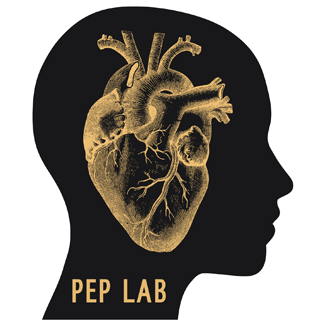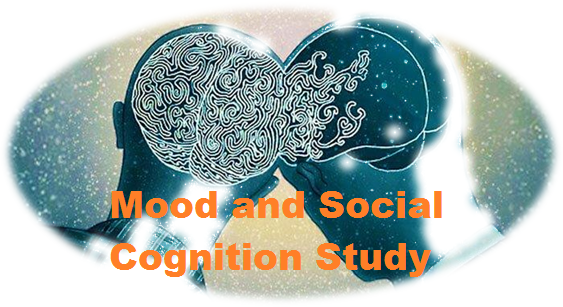Buff Bulletin Board
The Buff Bulletin Board, a listing of campus announcements, is a service of Campus Communications.
Participate in a paid study on mood and emotion

Interested in your moods and thoughts? Participate in a paid study on emotion and mood here on campus in the CU Department of Psychology and Neuroscience.
Earn up to $200 to participate in studies involving answering questions about your feelings and thoughts, watching brief films, playing computer games and keeping a log of your emotions and activities. The study includes two separate visits and pays $10 per hour in cash each (first visit is 2-3 hours; second is 4 hours). There is an option for paid follow-up phone interviews in addition.
Please fill out the very brief survey to see if you qualify.
If you have questions please contact us at gruberpeplab@colorado.edu or visit our website: http://www.gruberpeplab.com.
For parents: Paid research study for children on hearing
Paid study on mood and social cognition

Participate in a paid study on mood and emotion

Research participants wanted: $40 upon completion
Study of hearing aid sound perception
Adults needed for paid study on tobacco smoking, auditory function
For parents: Paid research study for children on hearing
For parents: Paid research study for children on noise and reading
For parents: Paid research study for children on noise and reading
Participate in a paid study on mood and emotion

